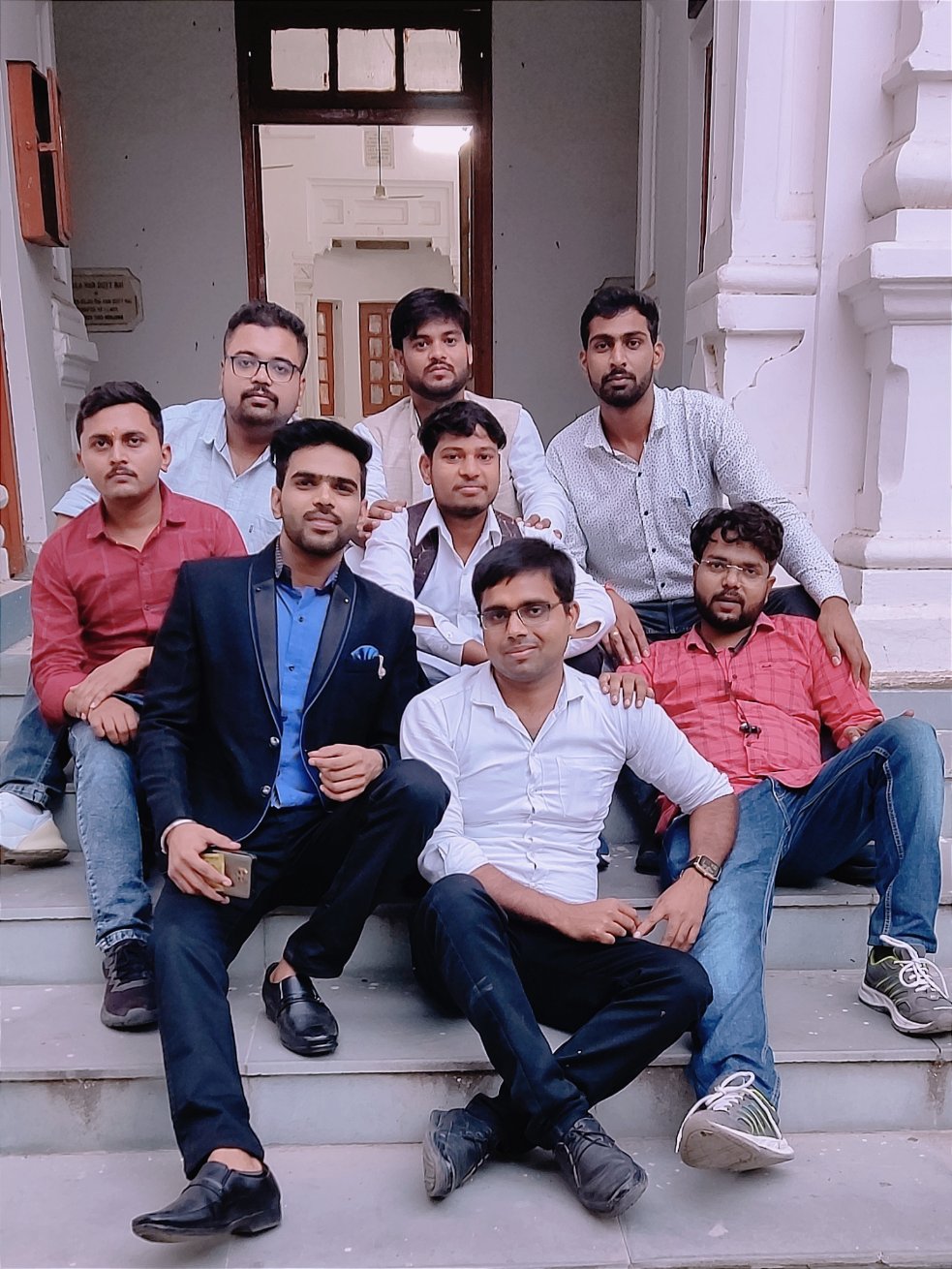Understanding Section 144 of the Indian Penal Code (IPC)
Section 144 of IPC short answer, IPC Notes For LLB and Law Exams at Sarkari Vakeel
Introduction:
Section 144 of the Indian Penal Code (IPC) is a legal provision that grants special powers to executive magistrates, District Magistrates, and Sub-Divisional Magistrates to maintain public order in situations where there is an apprehension of a breach of peace or a disturbance to public tranquility.
This section empowers these officials to issue orders prohibiting the assembly of people and the carrying of weapons in a specified area for a limited period.
Key Provisions of IPC Section 144:
Objective:
The primary objective of Section 144 is to prevent situations that might lead to riots, public disturbances, or any other activities that could jeopardize public order.
Authority to Issue:
The power to issue orders under Section 144 is vested in executive magistrates, District Magistrates, and Sub-Divisional Magistrates. They can do so when they believe that immediate action is necessary to prevent a breach of peace.
Imposing Restrictions:
When a Section 144 order is issued, it typically prohibits the assembly of more than a specified number of people in a particular area. Additionally, it can restrict the carrying of firearms or other weapons.
Time Limit:
The order issued under Section 144 is temporary and usually has a specific time frame, such as 24 hours, 7 days, or more, depending on the situation's gravity and urgency.
Emergency Situations:
Section 144 can be invoked during various circumstances, including public protests, religious gatherings, or any event that could potentially escalate into violence.
Violation and Penalties:
Violation of a Section 144 order is a cognizable offense and can result in arrest and legal action against the individuals involved. The penalties can include imprisonment for up to three years, a fine, or both.
Legal Safeguards:
While Section 144 grants substantial powers to magistrates, it is essential to uphold the principles of justice and ensure that these powers are not misused. The Indian legal system provides certain safeguards, such as:
Judicial Review
Orders issued under Section 144 are subject to judicial review. Individuals or organizations affected by such orders can approach the appropriate courts to challenge the validity of the order.
Proportionality:
The orders issued under Section 144 must be proportionate to the situation at hand. They should only impose restrictions necessary to maintain public order and not go beyond what is required.
Public Interest:
The primary consideration while invoking Section 144 is public interest and safety. It should not be used for political or personal reasons.
Final Words about Section 144 of IPC:
Section 144 of the Indian Penal Code is a crucial legal provision that enables authorities to maintain public order during emergencies or situations where there is a threat to peace and tranquility. While it grants significant powers to magistrates, these powers should be exercised judiciously, and safeguards are in place to prevent misuse.
Balancing individual rights with the need to maintain public order is a fundamental aspect of this legal provision.
%20(1).png)






.jpg)
0 Comments
Thanks For Comment!